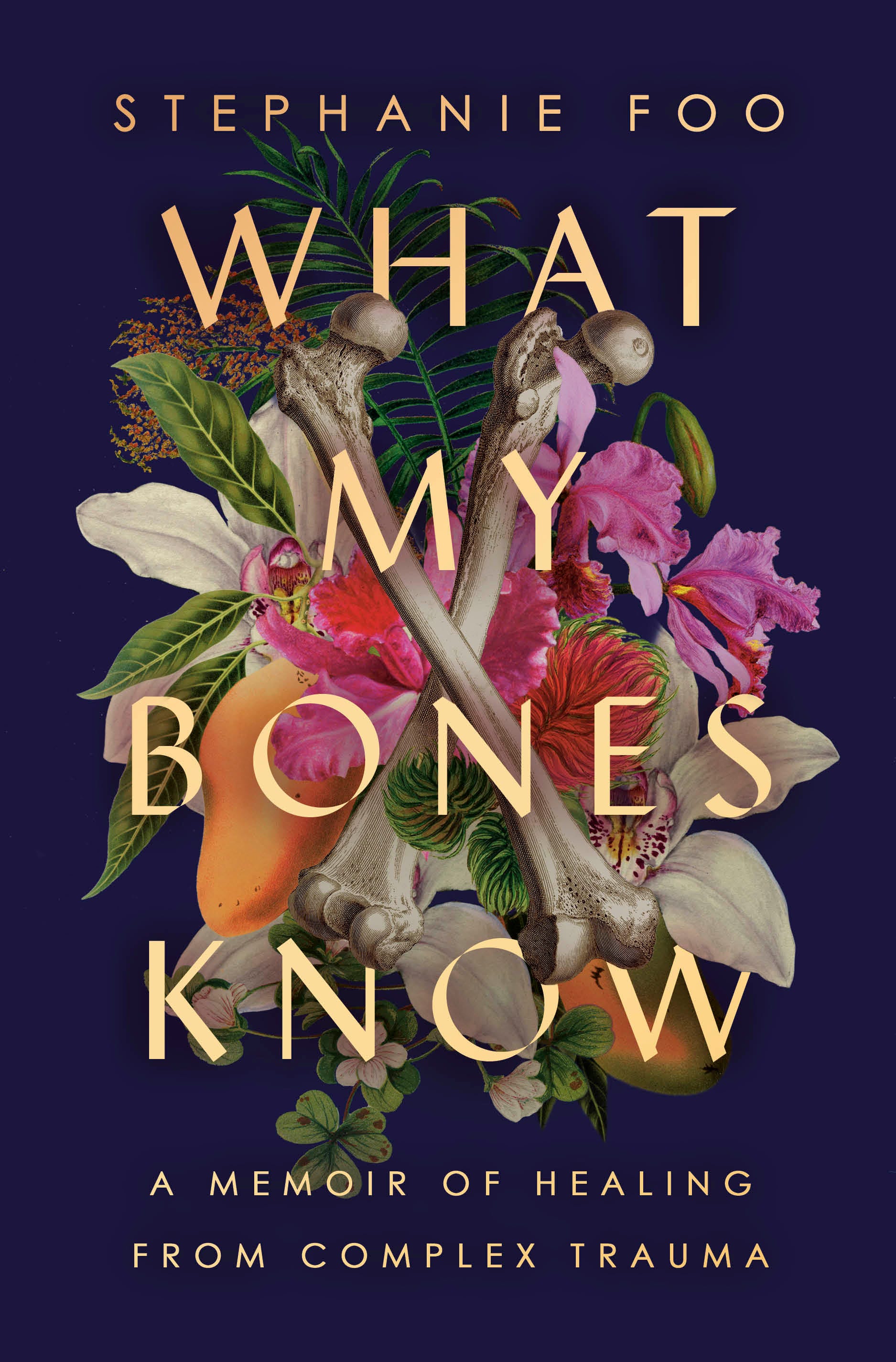

First of all, because it isn't "legitimized" you have fewer therapists who are trained in dealing with it. There are real-world consequences and there are real mental health consequences for people not being able to get the help that they need by it not being in the DSM. Should it be in the manual?įoo: Yes, of course. Q: Complex PTSD post-traumatic stress disorder (a diagnosis used to describe the psychological harm caused by long-term trauma) isn't in the American Psychiatric Association's diagnostic and statistical manual, which is used to classify mental health disorders. I really wanted people to know to hang in there, that there would be solutions, that it would have a happy ending, that people can have hope.

I very purposefully kept the really triggering stuff to part one. I think it was because I was reading so many trauma books, sometimes memoirs of abuse that were so just brutal for me, and I didn't want to write a book that was going to be excruciating all the way through. Stephanie Foo: I actually decided to write that almost before I started writing my book. But as I read part one, I realized how much some readers likely needed that line, and I wanted to know when you decided to write it. Question: When I first read the line, "This book has a happy ending," I don't think I understood the full utility of it.


USA TODAY spoke with Foo about her memoir, what she learned, what she hopes, and the messiness of healing from complex trauma. Possibility still glows around the edges of her sight. While the book may be finished, Foo is certain healing is not. If such a spoiler is allowed, it's worth noting that Foo's happy ending is nothing short of deliverance – rich and joyful and full of care the child was denied. Foo seeks to unravel her abuse from the parts of herself that are of her own making. Foo, who is Asian American, recounts a toll of suffering that stretches back generations, nestling into cells, pulsing through bones. In "What My Bones Know," Foo asks essential questions: Who am I? Why am I? She finds her parent's abuse and her own agency braided with history – of families, communities, countries and cultures.


 0 kommentar(er)
0 kommentar(er)
